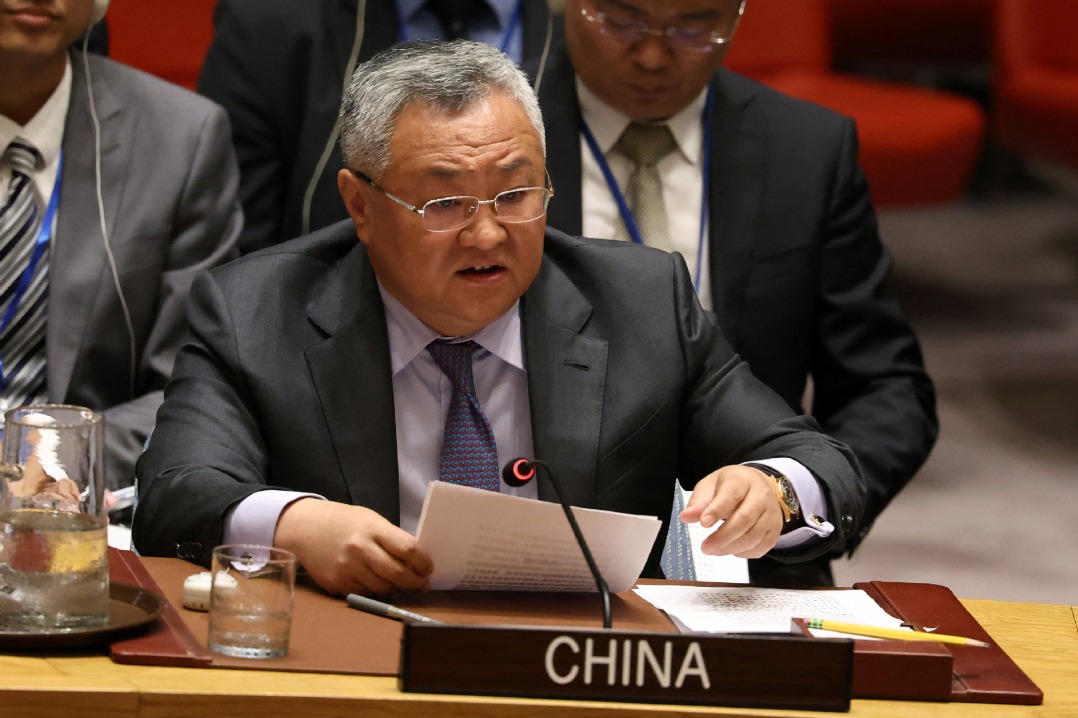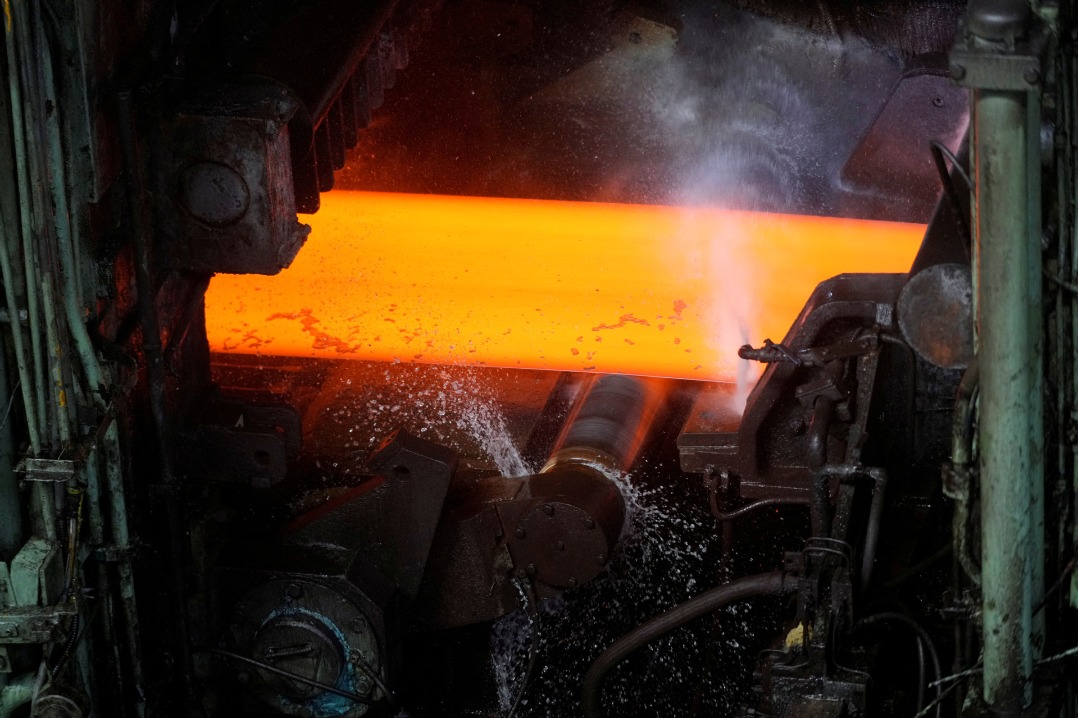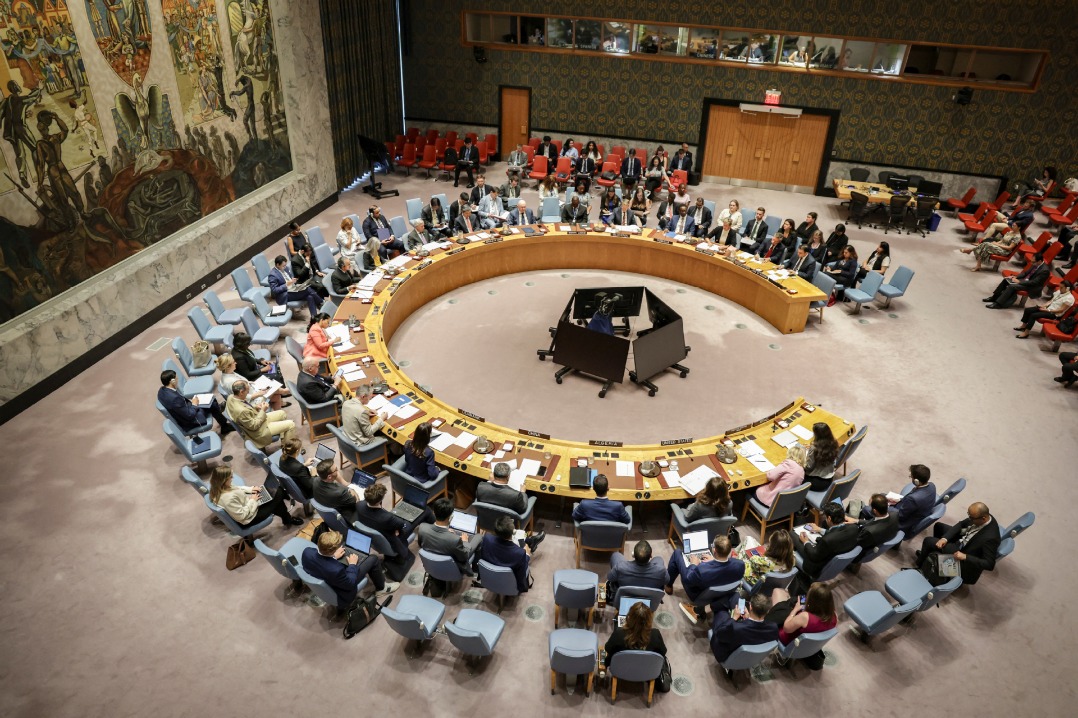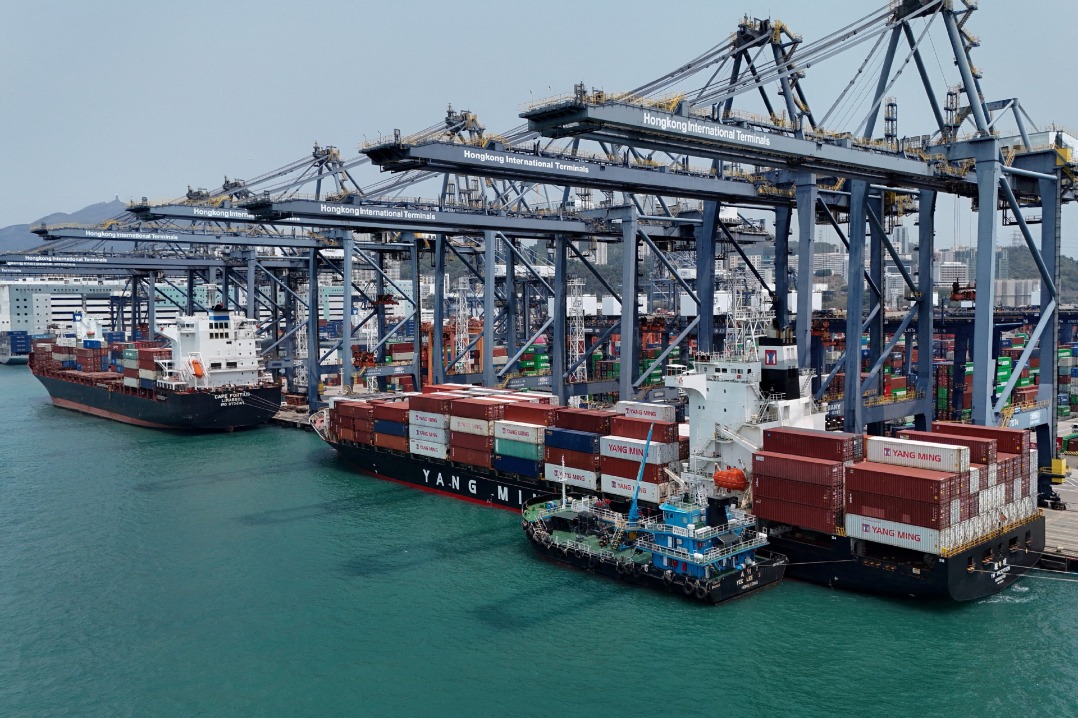Ottawa's tariffs shroud discussions with Beijing

Tensions have flared as Canada and China prepare to resume trade talks, following the former's decision to impose new tariffs on Chinese steel.
Canadian Prime Minister Mark Carney announced the measures last week, citing the need to protect the domestic steel sector from foreign dumping. The tariffs, set to take effect by the end of this month, include a 25 percent duty on all steel products containing metal melted and poured in China or other countries — excluding the United States.
China expressed strong dissatisfaction with the move. In a statement issued on July 18, the Ministry of Commerce said it firmly opposes the tariffs and vowed to take all necessary measures to safeguard the legitimate rights of Chinese companies.
"In fact, the primary cause of difficulties facing Canada's steel industry lies in the unilateral tariff measures imposed by the US," a ministry spokesperson said.
Despite this, the Canadian government has avoided addressing this core issue and instead shifted the burden of industrial damage onto trading partners, including China, the spokesperson added.
The ministry urged Canada to immediately correct its wrongful action and halt its restrictive measures.
Julian Karaguesian, an economics professor at McGill University in Montreal and a former special adviser to Canada's Department of Finance, said the steel tariff plan appears designed to appease Washington.
Under the new rules, imports from countries without a free trade agreement with Canada — including China — will also be subject to quota limits, with a 50 percent tariff imposed on volumes exceeding those thresholds.
Karaguesian said Carney did not single out China in this case, as many countries are in a similar position because of not having a trade deal with Canada.
Instead of tariffs, Karaguesian proposed a different strategy to strengthen Canada's industrial base and expand consumer choice: open the market to Chinese electric vehicles.
"I would have taken off the tariff on Chinese EVs," he said. "Let Canadians purchase them — either on a quota basis or without a tariff."
Citing the popularity of Chinese EVs in Europe, he said: "People in Europe are driving these cars and they like them. So why not allow more high-quality foreign EVs at a much lower price?"
Welcoming Chinese and other Asian carmakers could help revive Canada's shrinking auto sector, he said.
Still, Karaguesian said he does not believe this single tariff action will derail the "positive steps" both sides have taken to improve bilateral relations.
'Detrimental' results
Jeff Mahon, former deputy director for the China Division at Global Affairs Canada, said Canada's steel industry is heavily integrated with the US, but US tariffs have jeopardized its future, with "detrimental consequences" for jobs and investment.
The US revoked Canada's exemption from steel tariffs earlier this year, citing concerns over rerouted non-North American steel. Mahon said Ottawa's new restrictions aim to address those concerns and "help it secure a new exemption".
He acknowledged the tension with China but said Canada tried to avoid inflammatory rhetoric.
"It is important to note that the new Canadian government used softer language when announcing these measures," he said.
Canada and China are scheduled to discuss the tariffs next month during the Joint Economic and Trade Commission meetings, which Mahon called "the appropriate venue" to seek a mutually beneficial path forward.
gaoyang@chinadailyusa.com

































